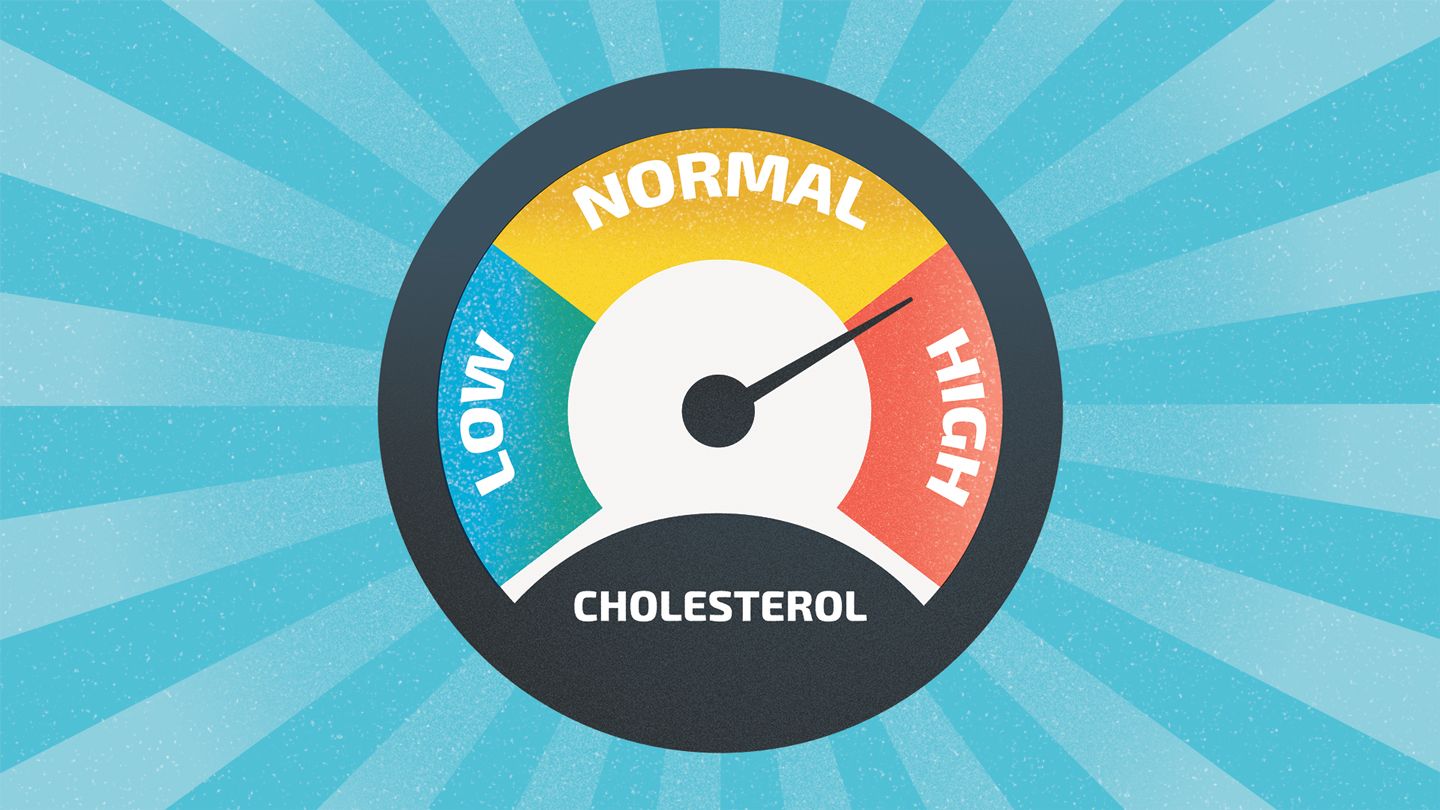Cholesterol is a waxy molecule in the bloodstream which is necessary for the formation of healthy cells in the body. Although cholesterol in high quantities can cause heart problems.
High cholesterol levels can be passed down the generations. High cholesterol is a serious health problem, it may be managed. Dietary changes can help you regulate cholesterol. Moreover, frequent exercise may be beneficial to you.
Medicines may be necessary in some cases, but they should be avoided in most cases. We will tell you 5 natural ways you can lower your cholesterol and make your lifestyle healthy.
There are various factors that may cause high cholesterol such as age, diet, weight, medical conditions, menopause, medications, genes, and lifestyle. You can control to lower your cholesterol by adding these tips:
Monounsaturated fats
A diet high in monounsaturated fats has a beneficial effect on cholesterol levels. Monounsaturated fat helps to keep blood cholesterol levels in check by reducing LDL cholesterol levels. It also lowers the risk of cardiovascular disease and stroke. A diet high in monounsaturated fats substitutes saturated fats in the body, lowering LDL and total cholesterol levels by 6% to 10%.
Omega-3 diet
A diet high in omega-3 fatty acids has a favorable effect on cholesterol levels in the body. This is because omega-3 contributes to the development and health of cells. It also decreases triglycerides and LDL cholesterol in the body. As a result, the risk of coronary heart disease and stroke is reduced.
A diet high in omega-3 fatty acids helps to maintain healthy cholesterol levels while also raising HDL cholesterol levels. Tuna, salmon, mackerel, herring, shellfish, and shrimp are high in omega-3 fatty acids. As a result, they may be able to assist lower cholesterol levels and lessen the risk of heart disease.
Weight loss
Weight loss can help you regulate your cholesterol levels significantly. It may also aid in the increase of HDL cholesterol while decreasing LDL cholesterol. Weight loss can be facilitated while cholesterol levels are maintained by reducing calorie intake, increasing fiber consumption, and lowering daily saturated fat intake.
Restrict smoking
Smoking cigarettes can induce coronary artery disease by disrupting the body’s cholesterol management system. Using blood from vessel walls, smokers’ immune cells are unable to restore cholesterol to the liver. These cells are referred to as defective immune cells, and they are the cause of clogged arteries.
Reduce alcohol consumption
There is no direct relationship between alcohol and cholesterol. Excessive alcohol use, on the other hand, might harm the liver and lower HDL cholesterol levels. It can also put you at risk for blood clots, heart attacks, and heart failure.
Moreover, alcohol is high in fat, and therefore, consuming in high quantities can spike your cholesterol levels.
What are the risks associated with high cholesterol?
High blood pressure
High blood pressure is caused by high cholesterol levels. Furthermore, when the arteries thin, the heart’s blood supply to other organs becomes more difficult. As a result, the heart strives to pump blood more forcefully, resulting in high blood pressure.
Kidney failure
Kidney failure can be caused by excessive cholesterol in some circumstances. High cholesterol levels cause plaque to form in the blood arteries that supply the kidneys, reducing blood flow and causing shrinkage and scarring.
Stroke
A stroke happens when the arteries get blocked, preventing blood from reaching the brain. A stroke occurs when blood flow to a portion of the brain is restricted.
Abdominal cramps
The accumulation of cholesterol in the liver and spleen causes the liver and spleen to expand. As a result, the abdominal cavity is stressed, resulting in stomach pain.
Conclusion
A high level of LDL cholesterol in the blood increases the risk of coronary artery disease, heart attacks, and strokes. HDL cholesterol, on the other hand, aids in the elimination of the negative effects of other cholesterol in the body. Cholesterol levels in the body are influenced by a number of variables. Age, diet, genetics, medications, lifestyle, and diseases, for example, all have an impact on cholesterol levels.
High cholesterol levels are linked to a number of hazards, one of which is sudden death. Furthermore, those with high cholesterol levels are more likely to develop disorders such as coronary heart disease, peripheral vascular disease, and aneurysm.
Therefore, to manage cholesterol levels in your body, you should follow an active lifestyle and keep a track of your healthy dietary steps.

